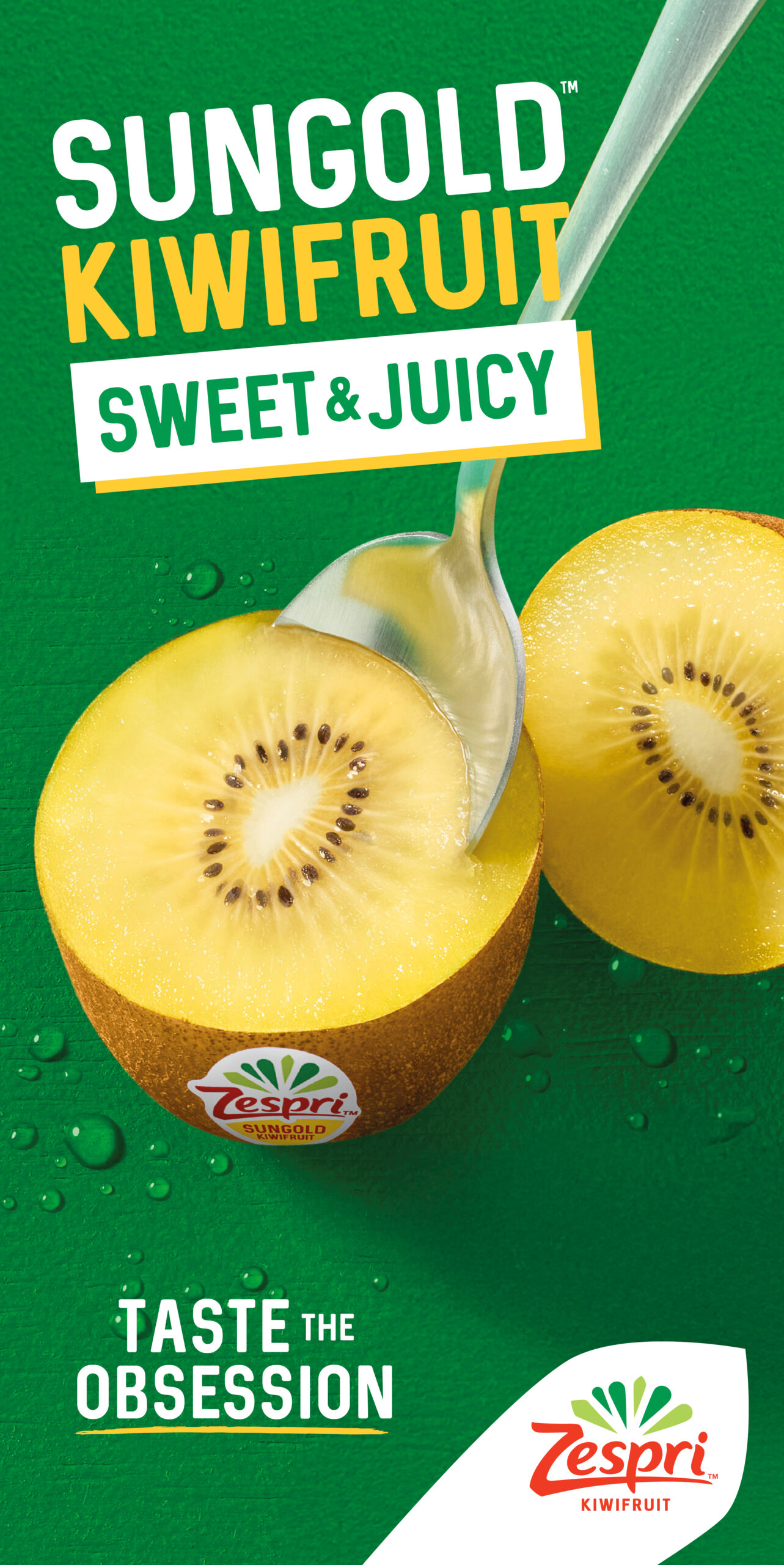What to eat to boost brain power

The wonderful human brain is the most complex and demanding organ in our body. Despite only accounting for 2% of our total weight, it uses over 20% of our body’s energy and oxygen supply. It’s home to our personality, thoughts and memories, it’s not surprising that it’s so fundamental to our sense of self. But what should you be eating to boost brain power?
Here are a few of our favourite brain-benefiting foods, to keep your mind healthier for longer.
Our favourite foods for brain power
Blueberries
Studies show that blueberries may improve short-term memory loss and delay the deterioration of cognitive function as we age. It’s the antioxidising flavonoids in the berries, called anthocyanins (the blue pigment) that research suggests contain brain-protecting properties.
One study showed the phytocompounds in blueberries have the ability to lower oxidative stress and inflammation by altering signalling functions in the brain. Ideal brain power food!
Leafy greens
Foods high in vitamin K, lutein and beta-carotene – such as spinach, kale, collards and mustard greens – may have links with slowing down the process of mind deterioration. In one study, eating two vegetable servings per day – leafy greens in particular – rates of cognitive decline slowed. This was equivalent to those five years younger in age. More reason to eat your greens!
Walnuts
These nobbly nuts contain a whole host of neuroprotective compounds, including vitamin E, folate, omega-3 fatty acids and melatonin. Their high vitamin E content is perhaps most noteworthy, as research shows it to be an important antioxidant in helping reduce cognitive deterioration and the risk of Alzheimer’s. Interestingly, this positive association wasn’t seen in vitamin E taken in supplement form.
Broccoli
Being a rich source of vitamin K means this bright green brassica is ready to look after our cognitive wellbeing. The brain-protecting qualities of the compounds found in broccoli work to slow the breakdown of the neurotransmitter acetylcholine. We need this to help our central nervous system perform properly and keep our memory sharp.
Oily fish
Discovering fish as a food source was a pivotal moment in the history of mankind. Some experts credit seafood as playing an integral role in the evolution of the human brain and intellect. Our body can’t make essential fatty acids, so we must find them in our diets. The most beneficial form of omega-3, which contains DHA and EPA, is found in oily fish. This includes salmon, mackerel and sardines, as well as in grass-fed meat.
Low DHA levels have been linked to an increased risk of memory loss. Having sufficient levels helps to manage stress, reduce inflammation and promote the production of the good-mood hormone serotonin. The NHS currently recommends that we eat at least two portions of fish a week, one of which should be oily. Always try to buy responsibly sourced fish.
Eggs
An egg a day could help keep Alzheimer’s at bay. The yellow yolk is rich in choline – a vitamin used by the brain to make acetylcholine, a key player in maintaining memory and healthy brain cells. Researchers at Boston University School of Medicine tracked the eating habits of nearly 1,400 healthy adults for ten years and found that those with a diet rich in choline – also found in chicken – performed better in memory tests and were less likely to show changes in the brain that are associated with dementia.
What’s more, eggs are also rich in B vitamins. Research shows B vitamins help improve cognitive impairment.




